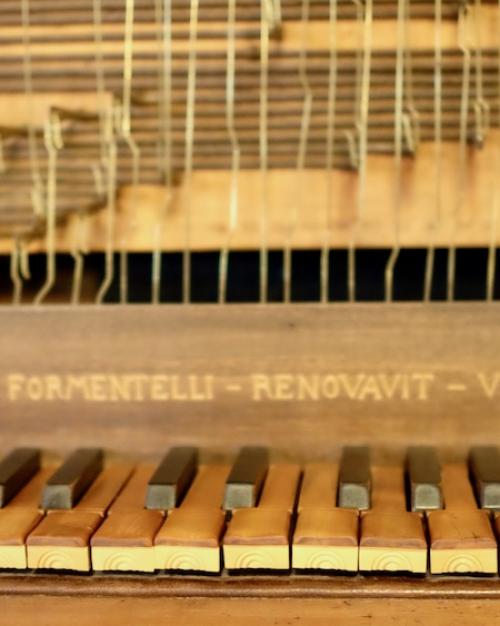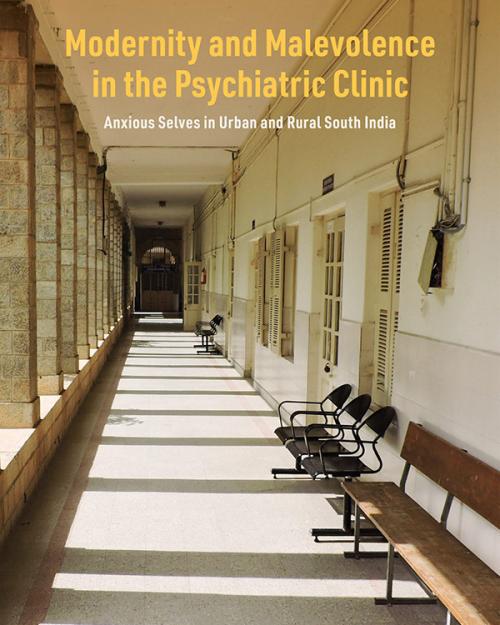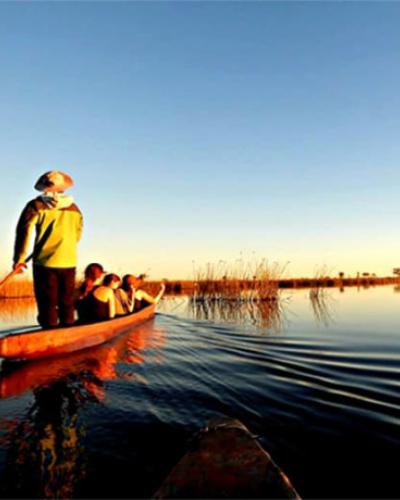The Department of is pleased to announce the 2017-18 recipients of the Freedman Awards for Undergraduate Research in and Engaged Learning in Scholarships.
Ivy Deng and Mikaela Hamilton received Freedman Awards, funded by an endowment established by Randy ‘75 and Howard ‘74, MBA ‘75 Freedman. The Freedman Awards support undergraduate students in undertaking anthropological research.
Behram Khan, Manav Lamichhane, and Anuush Vejalla were awarded Engaged Learning in Scholarships, which were established by an anonymous donor. The Engaged Learning in Scholarships support students who seek training in anthropological techniques or who would like to participate in anthropologically-oriented engaged learning opportunities.
The Department of is grateful for generous alumni who make these awards possible. The Freedman and Engaged Learning awards provide students with opportunities for tranformative research and experiences.
Freedman Awards for Undergraduate Research in
Ivy Deng
Junior/Majoring in , Fine Arts, and French
In Paris, the capital of a self-proclaimed secular republic, I encountered groups of Sinophone immigrants on their journey to American Evangelicalism. These immigrants come from all walks of life yet form a particular bond with each other through religion and their “Chineseness.” My project, currently titled as “Evangelical Cosmopolitanism with Empires,” asks: what does it means to be Chinese and perform Chineseness in the postcolonial and diasporic context? how and in what ways have these cosmopolitan, mobile and multilingual “Chinese” immigrants inhabited their own forms of Evangelicalism in the metropolis? what kind of imaginary is produced by and through the Chinese, French and American empire about one another? I plan to continue my ethnography in Paris, and to answer the above questions in the form of a combined thesis between anthropology and comparative literature – at thesis that brings together my diverse interests developed throughout my time at Cornell.
Mikaela Hamilton
Junior/Majoring in Archaeology and Classics
This summer, I will join the team of the Marzuolo Archaeological Project (MAP), co-directed by Cornell professor Astrid Van Oyen, in their efforts to investigate an ancient Roman production site dating from the first century BCE/CE to the third or fourth century CE in southern Tuscany. Podere Marzuolo is a particularly curious site, for it is located a significant distance away from major distribution networks (and for this reason was originally expected to be a domestic site), yet has yielded substantial evidence for the production of mass consumer goods, including innovate terra sigillata pottery. The findings of these investigations call for a reevaluation of connectivity between rural and urban sites, and raises questions about the nature of pre-industrial innovation, which has long been theorized to occur predominantly in urban centers. The presence of innovation in a rural location like Marzuolo points to an agency and creativity of peasants that contradict once-prevalent assumptions about peasant conservatism. I am excited about this project, for by acknowledging the significant contribution of this previously neglected group to the artisanal and economic landscape of ancient Rome, a strong case can be made for the value and importance of studying Roman peasants as we work to change older assumptions about these groups. I plan to incorporate this research into my senior thesis concerning the Roman countryside. MAP will be my third and final excavation during my undergraduate career at Cornell, and in many ways is a capstone project, as it will allow me to solidify my research questions and archaeological skillset as I prepare for graduate studies in Roman archaeology.
Engaged Learning in Scholarship Recipients
Behram Khan
Sophomore/Biological Sciences Major
During the winter break of 2017-2018 I will be going to Morocco through a program called Raba'Teach, which is organized by AIESEC. Raba'Teach gives one the opportunity to work with Moroccan kids in underprivileged communities, teaching them, while simultaneously learning about their cultures, and livelihoods. I am able to fund this program through an Engaged Learning Scholarship, otherwise the program would have been unfeasible for me. I believe that this this opportunity will allow me to feel more connected to the concepts I have learned in my classes. Often throughout university I have noticed how I have not been able to apply what I have been learning, but in this experience I will forced to take on a cross-disciplinary approach because not only was I there to teach the children about various concepts, but I was there to learn from them. I think I will that the real world has a propensity to connect the departments that are nicely separated across our vast campus. The ideas that we hear in McGraw 165, Baker 200, Kennedy 119; you may need to gather them altogether in order to create a lasting impact in the world because they rely on one another in a way that is impossible to imagine when sitting in a classroom. As I think about what I will take away from this experience I am still uncertain, but if I am correct in my hypothesis that I will need to apply the things that I have learned from all my different classes then I believe this experience will change the way I learn. Instead of focusing on isolated topics I would work to connect those topics together in order to make a more cohesive, informed narrative. Going beyond Ezra Cornell's original motto "I would found an institution where any person can find instruction in any study," I would like to make Cornell a university where I can find paths to connect those studies to make the world a more curious place.
Manav Lamichhane
Junior/Human Bio, Health, & Society Major
Growing up in Nepal, I saw thousands of people living a life of hardship and suffering due to failed policies and lack of infrastructures. Part of my lifelong goal, I have been gearing my studies to return to Nepal and tend to the highly underserved population where access to health care is limited. This winter, my research is to understand the health care delivery system in the village of Mhanegang, Nepal along with the challenges faced by both local population and health professionals there. Along with conducting research, I will be aiding with the construction of a community building as part of the post-earthquake assistance effort coordinated by Prof Kathryn March. This is the opportunity that I have been waiting for to be engaged in the rural health system of Nepal. The engaged learning scholarship has provided me the support and motivation to work towards the goals of serving the country I grew up in. This project allows me to bring in different perspectives and viewpoints to my classes at Cornell and share Nepal and its culture with students at Cornell. More importantly, this opportunity, made possible by the engaged learning grant, will help me concretely identify my field of study or work post-graduation.
Anuush Vejalla
Sophomore/Undeclared Major in Arts and Sciences
Through my research experience, I plan to investigate the relationships between the low-caste Dalit blacksmiths in the Mhanengang village in Nepal and the majority Buddhist Tamang "casteless" majority of that community. Growing up in a South Indian Telugu family, in which caste is so intertwined with identity, yet different from Vedic notions of caste, I became interested in how caste is negotiated, especially as it relates to family dynamics. In addition, I will investigate how the lived Buddhism practiced by the Tamang diverges from doctrine and how that informs their treatment of the low-caste blacksmiths. These blacksmiths are aiding in the rebuilding of the village's women’s cooperative that was destroyed. By supplementing my own interactions in the village setting with further interviews with NGOs in Kathmandu, I hope to garner an understanding of their societies' hierarchies and it's maintenance. The experience will not only help me develop my own relationship with my family's caste history, but with focusing my thematic interests as an Asian studies double major. I look forward to contextualizing my learning within the broader region that is South Asia and the Indian subcontinent.





